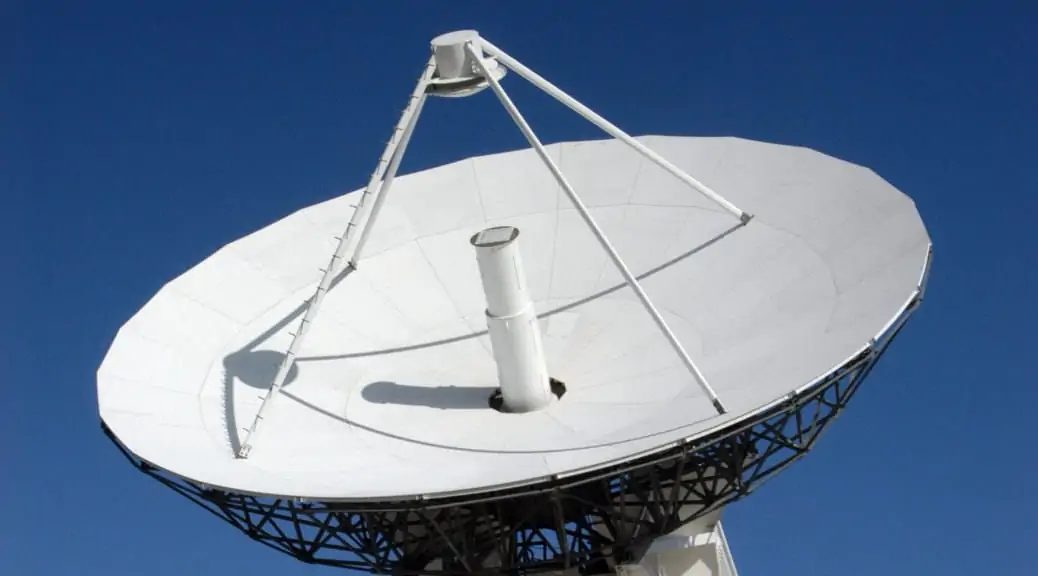Each week our scan collects weak – and less weak – signals… Read the 19 March scan → World – The deadly attack on the Bardo museum in Tunisia, on 18 March, reminded the world that the Salafi-Jihadi threat is far from being overcome, despite some lassitude displayed by crowds and media over such attacks. One of the interesting signals to notice here, is the small number of crowdsourced articles referring to the attack. Only three articles found their way in The Weekly, when the casualties are far more important than those of the Charlie Hebdo attacks in Paris or of the shooting in Denmark, to say nothing of the impacts to Tunisia’s economy and more broadly polity, and in terms of spread of Jihadi attacks, threat …
Category Archives: Middle-East and North Africa
Environment, Climate Change, War and State
In his book Climate wars-the fight for survival as the world overheats (2010), author Gwynn Dyer proposes a “chronicle” of the coming decades, through a series of eight geopolitical scenarios going from 2019 to 2055 (“The Year 2045; Russia 2019; United States, 2029; Northern India, 2036; A Happy Tale; US and UK, 2055; China, 2042; Wipeout”). These scenarios are attempts to study the most probable political behaviours of governments, while climate change goes out of control. As the latter will affect the cycle of water, monsoons, seasons, thus food and water supply all over our world, whole nations will be faced with massive challenges and gigantic flows of “eco refugees”, while strategic tensions and risks of regional nuclear exchanges over …
Continue reading “Environment, Climate Change, War and State”
Update – War in Libya and its Futures – The Islamic State Advance and Impacts
In the past weeks, several major developments occurred in Libya that will affect the dynamics of the civil war, and on the longer term, most probably, its outcome. Egyptian airstrikes on Libyan soil, increased Russian support and involvement with the Council of Representatives (the internationally-recognized Libyan government), the Council’s suspended then renewed participation in the UN peace talks, its request to remove the arms embargo, and conflicting support in the UN for an intervention are all directly linked to the increased hostilities and threat from Islamic State elements in Libya. The United States and Britain stand currently opposed to any intervention and to Libya’s appeal to lift the arms embargo, citing the lack of a unified government that could not …
Continue reading “Update – War in Libya and its Futures – The Islamic State Advance and Impacts”
Turkey: An Energy and Environmental Power
On 1 December 2014, President of the Republic of Turkey Recep Tayyit Erdogan and President of the Federation of Russia Vladimir Putin agreed on the implementation of a new gas pipeline, linking the Russian Federation to Turkey through the Black Sea ( “Gazprom to build new 63 bcm Black Sea pipeline to Turkey instead of South Stream”, Russia Today, December 1, 2014). This new project is called “Turkish stream” and replaces the late “South Stream”, which was meant to connect Russia to Europe, by crossing southern European countries. The decision of Bulgaria to withdraw from the project, in the context of the tensions regarding Ukraine between the U.S. and the EU, on the one hand, Russia, on the other, led …
Continue reading “Turkey: An Energy and Environmental Power”
The Red (Team) Analysis Weekly 188 – Beyond the Positivity Mindset, the Islamic State and a Map
Last updated 26 January 2016 Latest updated maps, for the Islamic State and its Khilafah, may be found for Mesopotamia (Iraq and Syria) here and for its global reach here. The text below remains largely true, with variations of course, notably as awareness of the danger created by the Islamic State has suddenly increased after the attacks in …
Oil Flood (2) – Oil and Politics in a (Real) Multipolar World
The world oil flood is quickly rising. As we have seen in “Oil Flood (1): The Kingdom is Back”, the decisions taken by OPEC members and Russia not to curb oil production, while Saudi Arabia is forcing prices down, are much more about power politics and strategies than about economics and the “invisible hand” of the logic of “supply and demand”. We shall now focus on what the evolution of the current oil market reveals about current and future geopolitics. Since the end of November, especially since the 27 November OPEC meeting, prices have kept falling down, while the main producers, chiefly among them Saudi Arabia, Russia, Iran, and the private U.S. companies, have all decided, for reasons of their own, to maintain …
Continue reading “Oil Flood (2) – Oil and Politics in a (Real) Multipolar World”
Oil Flood (1)? The Kingdom is Back
Since July 2014, oil prices have been falling, while OPEC members have decided to maintain their current levels of production (OPEC, 166th meeting concludes). It appears that the Saudi Kingdom plays an essential part in this operation. Numerous articles and commentaries are focused on the economic and financial consequences of this situation, and try to anticipate how national and global economies are going to react. The problem with this kind of questions is that they miss the fact that oil is not only a commodity and the support of gigantic financial activities (William Engdahl, A Century of war, Anglo-american oil politics and the new world order, 2004). Before all, oil is an extremely powerful tool of political power (Michael Levi, “Why …
Continue reading “Oil Flood (1)? The Kingdom is Back”
Monitoring the War against the Islamic State or against a Terrorist Group?
The war in Syria has now become fully internationalized, after its expected regionalization, notably favoured by the failure to stabilize Iraq after its state was destroyed by the 2003 US-led Iraq war. The two, initially unrelated wars have morphed into a war against one of the fighting actors on the Syrian battlefield, the Islamic State, originally born from the Iraqi …
Continue reading “Monitoring the War against the Islamic State or against a Terrorist Group?”
The Red Team Analysis Weekly 157 – Information Wars
Editorial – Information Wars – Information or more broadly belief-based wars seem to multiply right now, relayed by many official declarations, articles and analyses, although fortunately not all. This is a worrying phenomenon because it leads to direct polarization (enhancing feelings of threat, fear, “all because of an evil other that must be fought”) and to inaccurate analyses, which in turn also fuel polarization. Information wars: propaganda, biases and conspiracy theories We can see this phenomenon at work regarding Ukraine, Iraq, or, in a lesser way because the spotlight is not right now directed at this issue, China and the various disputes in the East and South China Seas. In Iraq, the way the al-Maliki government accuses Saudi Arabia to support ISIS, when actually a more …
Continue reading “The Red Team Analysis Weekly 157 – Information Wars”
The Red (Team) Analysis Weekly 156 – The Caliphate, War in Syria and Beyond
Editorial – The Caliphate, War in Syria and Beyond – The victorious offensive of the Islamic State of Iraq and al-Sham (ISIS) in Iraq should not come as a surprise. It has been in the making for quite a while, the “while” changing according to the perspective, starting with the 2003 invasion of Iraq by the U.S. led coalition and their destruction of the Iraqi state apparatus (see notably Paul Mutter, “Maliki’s most solemn hour“, The Arabist). Nevertheless, the impacts of the capture of Mosul are multiple and crucial. ISIS has not only expanded its territorial basis, but it has also won moral and “face”, resources, including large amount of money, becoming the wealthiest Islamist competing state actor (and not “non-state actor”, or “terrorist …
Continue reading “The Red (Team) Analysis Weekly 156 – The Caliphate, War in Syria and Beyond”










